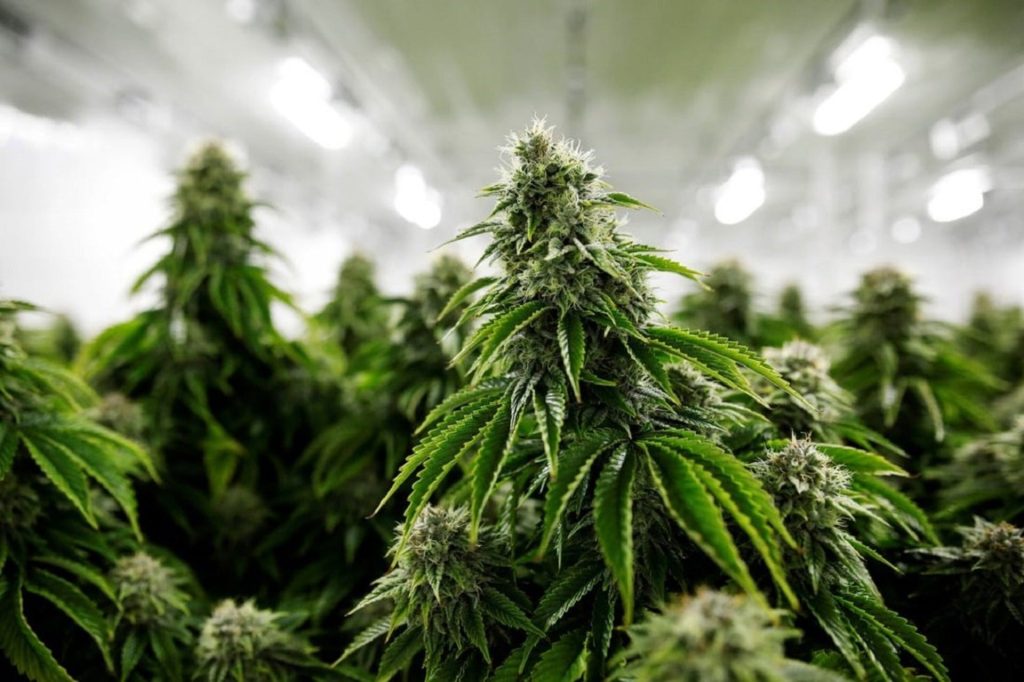There are a growing number of medical studies focusing on the long-term impacts of the effects of medical cannabis on the brain. The results of these studies will be of particular importance to those taking or considering medical cannabis.
The short-term effects of cannabis on the brain are generally understood. Adults and youth that use marijuana experience immediate changes in their attention, memory, movement, coordination, thinking, and time perception. These effects typically appear and expire within 24 hours.
The bigger question concerns the long-term effects on the brains of cannabis users. Particular questions of importance revolve around the age at first use, the regularity of use, and what, if anything, that means for patients that use medical cannabis to assist in managing their symptoms.
If you have questions about medical cannabis, our team at LeafMed, a licensed Mississippi medical cannabis dispensary, put together a short guide to medical cannabis for beginners.
The Long-Term Impacts of Cannabis on the Brain
Many of the scientific studies that examined the impact of cannabis on the brain focused on brain development and, in particular, cognitive development. These studies centered on the effects of marijuana on the brain from a young age, including in vitro, pre-pubescent life, and adolescence.
Due to the age of the subjects, rats replaced humans in some of the studies. In human imaging studies, results were often contradictory. These studies also suffered from the unreliability inherent in studying any illegal activity.
A growing number of studies are examining the effects of medical cannabis on the brain of adults. The data is more reliable as the stigma of illegality is removed. Moreover, these subjects have a strong personal interest in the results as it applies directly to their situation.
Long-Term Effects of Marijuana Use on Developing Brains
The Centers for Disease Control and Prevention (CDC) has found that marijuana use impacts brain development. The study determined that the developing brains in babies, children, teenagers, and even in utero may lead to problems with the following:
- Attention
- Memory
- Problem-solving skills
- Behavior
The study left open the question of whether these problems were long-term or permanent, stating that the subject needs additional research. The effects of marijuana use at an early age on the brain are contingent on the following factors:
- The amount of tetrahydrocannabinol (THC) in marijuana
- The frequency of use
- The age at first use
- Whether the subject commingled marijuana with other substances, including tobacco and alcohol
The American Medical Association published a paper in its peer-reviewed journal concluding that age at first use and frequency were the key factors determining marijuana’s long-term effect on brain development.
Long-Term Effects of Chronic Marijuana Use Begining in Adolescence
Other studies using rats as subjects have generally agreed with the findings of the CDC. However, imaging studies conducted on humans showed contradictory results in attempting to determine whether regular marijuana use in adolescence negatively impacts executive functions.
The National Institutes of Health (NIH) notes that difficulties in obtaining definitive answers stem from the fact that participants often use multiple substances, and there are no records of their cognitive abilities before the study. Therefore, the NIH launched its Adolescent Brain Cognitive Development (ABCD) study to address this problem.
Long-Term Effects of Medical Cannabis
Neuroscientists at Marijuana Investigations for Neuroscientific Discovery (MIND) are studying the effects of legal marijuana-based use for known medical conditions on adults. Specifically, MIND is examining the long and short-term impact of medical marijuana on:
- Brain structure and function
- Quality of life, including sleep
While the study is not complete, MIND has found the following:
- Marijuana may alleviate some symptoms for people with bipolar disorder
- Some medications may reverse the cognitive effects of chronic recreational marijuana use
Get Medical Cannabis From a Legal Dispensary
For more information about the effects of medical cannabis on the brain, please speak to your healthcare provider about it. Medical cannabis is now legal in Mississippi, and LeafMed is a licensed dispensary leading the way to leaf medicine. Call a licensed team member at 228-335-5323 to learn more.
